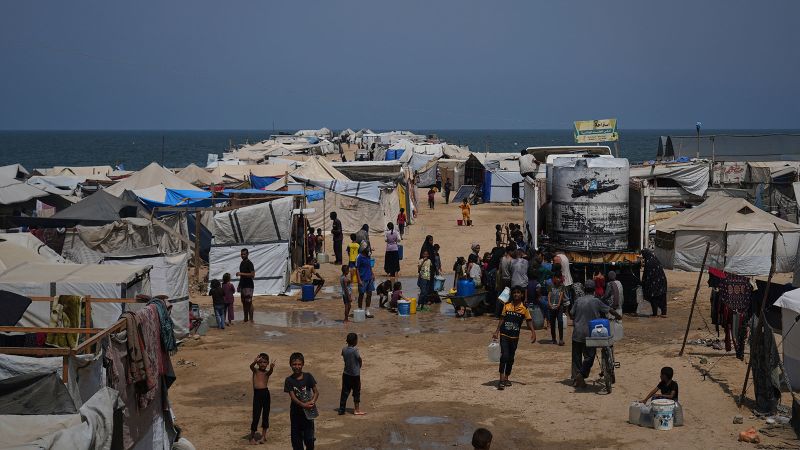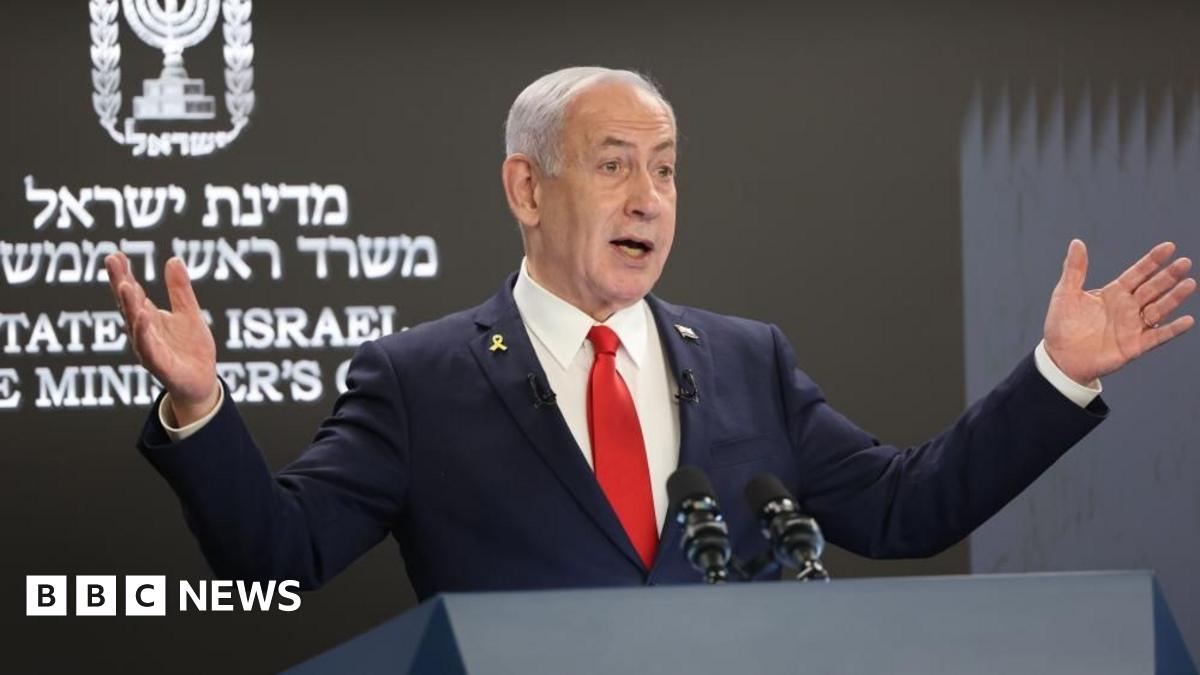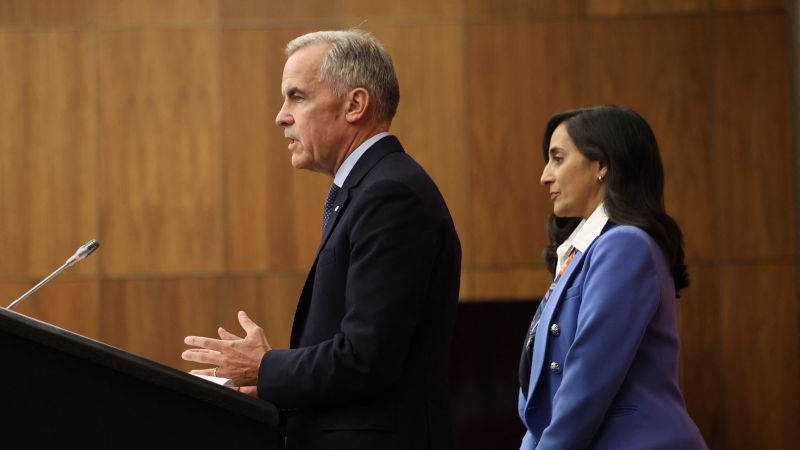Controversy Erupts Over Israeli Minister's Confrontation with Imprisoned Palestinian Leader
Introduction
On Friday, a video of a confrontation between Israel's far-right national security minister and a Palestinian leader inside a prison went viral. The minister, who has a history of controversial statements, can be seen admonishing the imprisoned leader and making threats against anyone who acts against Israel.
Key Details
The Palestinian leader in the video is Marwan Barghouti, a prominent figure in the Palestinian resistance movement. He is currently serving multiple life sentences in an Israeli prison for his involvement in attacks against Israeli targets. The minister, who released the video on his social media, is known for his hardline stance on security and has previously advocated for the expulsion of all Palestinians from the country.
Impact
This video has sparked controversy and outrage, with many accusing the minister of inciting violence and promoting hateful rhetoric. The Palestinian Authority has condemned the video, calling it a violation of international law and a blatant disregard for the rights of the Palestinian people. This confrontation highlights the ongoing tensions and conflicts between Israel and Palestine, and the deep divide between the two sides.
About the Organizations Mentioned
Palestinian Authority
## Overview and Functions The Palestinian Authority (PA), also known as the Palestinian National Authority (PNA), is the interim governing body for Palestinians in parts of the Israeli-occupied West Bank[1]. Established under the 1993 Oslo Accords between Israel and the Palestine Liberation Organization (PLO), its original mandate was to administer limited self-governance in designated Palestinian areas during a five-year interim period, after which final-status negotiations were expected to resolve the Israeli–Palestinian conflict[1][3]. The PA is responsible for civil administration—including education, health, and municipal services—and internal security in areas classified as “A” and “B” under the Oslo framework, but not in “C” areas, which remain under full Israeli control[1]. Its operations are headquartered in Ramallah, West Bank[2]. ## History and Development The PA formally began operations in 1994, following Israeli military withdrawals from Gaza and Jericho[4]. The first Palestinian elections in 1996 brought Yasser Arafat to the presidency and established the Palestinian Legislative Council (PLC)[4]. The PA’s early years were marked by institution-building and efforts to curb violence, as stipulated by the Oslo Accords, though continued unrest and political rivalries complicated its mandate[4]. After Arafat’s death in 2004, Mahmoud Abbas assumed leadership, and in 2013, he decreed the PA’s official name change to the “State of Palestine,” reflecting UN recognition of Palestine as a non-member observer state in 2012[1][3]. ## Key Achievements The PA’s main achievement has been the creation of administrative structures in the West Bank, including ministries for finance, health, education, and technology[6]. It has managed to deliver basic public services despite significant political and financial constraints. The PA has also engaged in international diplomacy, securing recognition for Palestine at the UN and maintaining relations with numerous countries[3
















